
“Tariffs Are A Death Sentence”: Nearly 40 Female Brand Founders Call For Small Business Exemptions
A group of nearly 40 female founders from consumer packaged goods brands that have collectively driven over $800 million in revenues have come together to publicly ask that small businesses receive exemptions to tariffs imposed by President Donald Trump.
It’s rallied behind an open letter written and posted on Substack by Juliet Wine co-founder and CEO Allison Luvera to Trump, United States Trade Representative Jamieson Greer and Congress explaining that heightened tariffs pose a “disproportionate threat to small businesses” that are the “lifeblood of the American economy,” accounting for 43.5% of American economic activity. The letter calls for three actions: exemptions for companies below a defined revenue or employee threshold, assessments evaluating tariff impacts on small businesses and support for small businesses shifting supply chain operations to the U.S.
“Small businesses aren’t just the local restaurants or your neighborhood salon,” says Luvera in a statement. “They’re also your favorite skincare at Sephora or the wine you reach for. In essence, we’re the majority of brands you interact with and almost half of the United States economy. The CPG industry is resilient—we saw that during COVID—but the proposed tariffs are ineffable by design. We decided to write this letter with a goal of breaking through with tangible workarounds for the small businesses that America absolutely needs to thrive. We’re incredibly proud of the group we’ve put together and look forward to booking a meeting with the United States Trade Representative to discuss small business exemptions.”
“Unless they’re trying to put the millions of small businesses in this country out of business, we need an exemption.”
In addition to Luvera, the cohort includes Cyndi Ramirez-Fulton of Chillhouse, Lulu Ge of Elix, Emily Doyle and Mei Kwok of Dune Suncare, Yanghee Paik of Rael, Melanie Goldey of Tally Health, Charlotte Cruze and Lindsay Goodstein of Alice Mushrooms, and Rebecca Minkoff, founder of her namesake fashion brand and co-founder of Female Founder Collective. On Wednesday, Trump said he will “take a look” at exemptions for some companies impacted by the tariffs and mentioned Apple, but didn’t comment on smaller companies like those led by the group.
Ge tells Beauty Independent, “Tariffs are a death sentence for small businesses because we don’t have the tools or the capital that a Walmart or a Target has. We don’t have the lobbyists that they do to ask for exemptions. So, unless they’re trying to put the millions of small businesses in this country out of business, we need an exemption.”
Charged to the importer of foreign goods, tariffs have direct effects on small CPG businesses’ cost of goods. In a LinkedIn post detailing the effects of tariffs, Luke Weston, former CEO of Proven Skincare, demonstrated how a 104% tariff on Chinese imports pushes up costs and prices. For example, he spelled out that a toy that costs $2.50 to produce and retails for $9.99 would see costs rise to $4.84, practically eliminating the profit margin for a company wholesaling the product to retailers at $5 unless it inflated the price.
On top of the direct effects of tariffs on their cost of goods, small businesses have been rattled by constant changes in Trump’s tariff policies that render it practically impossible for them to plan ahead. On Thursday, he hiked tariffs on imports from China to 145% after pausing reciprocal tariffs on other countries Wednesday for 90 days, but keeping an across-the-board 10% levy on around 180 countries.
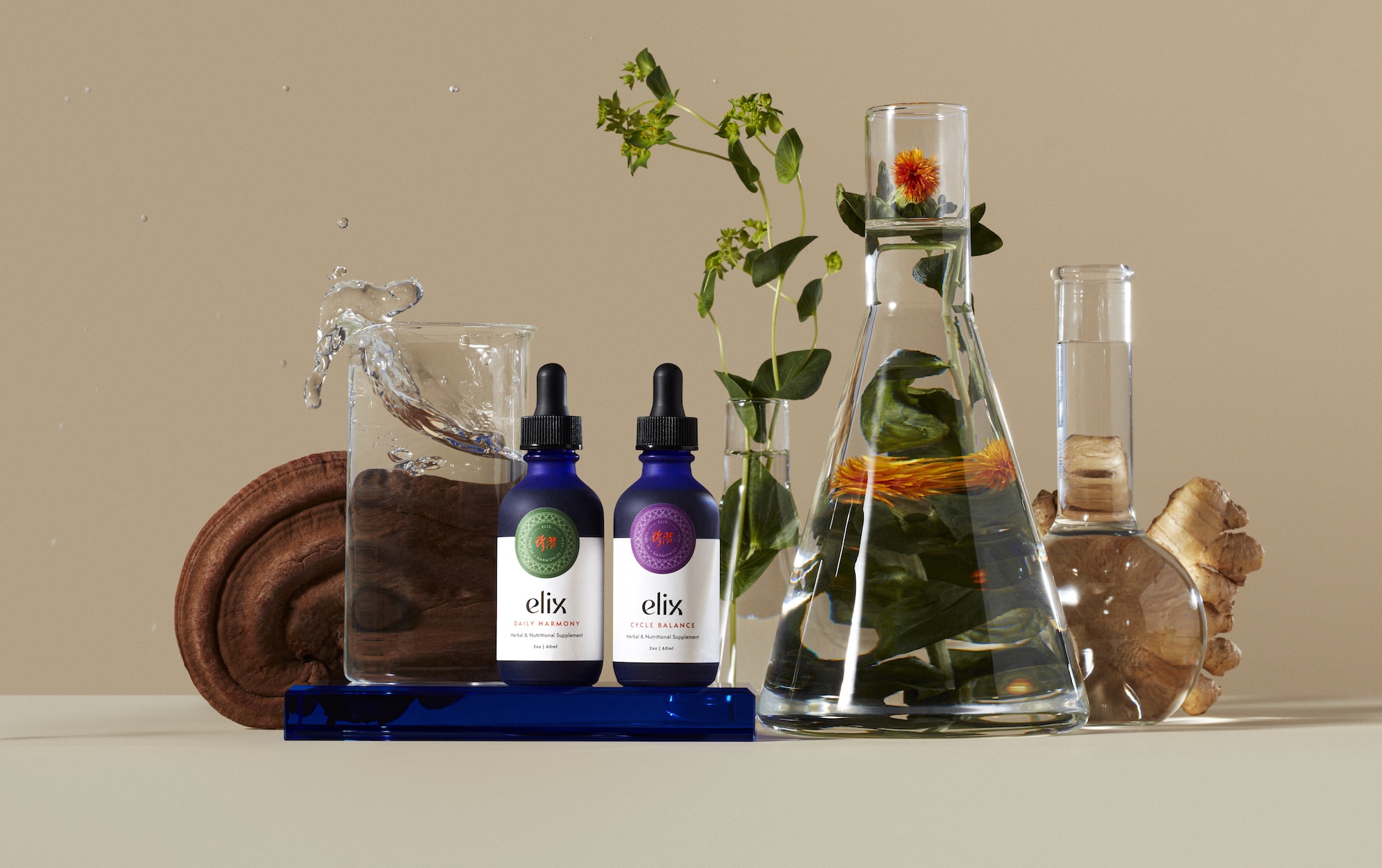
The tariffs on China are expected to double costs for the brand Elix, which uses recycled paper packaging from China to house its tinctures rooted in Traditional Chinese Medicine. In a TikTok video posted a day ago, Ge notes that China supplies 80% of the world’s packaging, and replacements for much of the packaging it supplies small CPG brands don’t exist in the U.S. She says, “As a small business, we can’t overnight just start manufacturing in the U.S.”
Tapping into her entrepreneurial spirit, Ge is exploring several ways to offset Elix’s heightened costs, including leaning into the brand’s health coaching. Launched last year, she says the health coaching has gained steam partially due to macroeconomic stressors weighing on people’s well-being. Elix is enlisting three additional coaches for its health coaching team, bringing the total number of coaches to nine.
“In a time when the cost of goods from a physical product perspective is going up, we’re looking at how we better serve our customers with a combination of product and services, leaning much more into the service component, which obviously is not as impacted by these policies,” says Ge, advising her fellow brand founders, “Are there other lines of business services or other things that could be an opportunity to expand into? I would encourage that.”

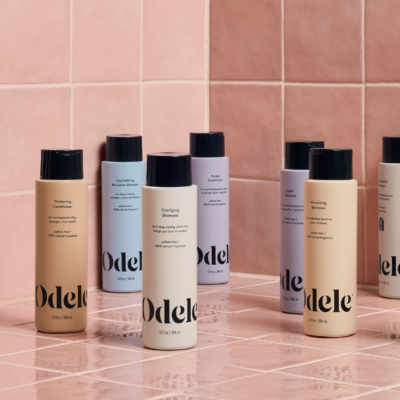
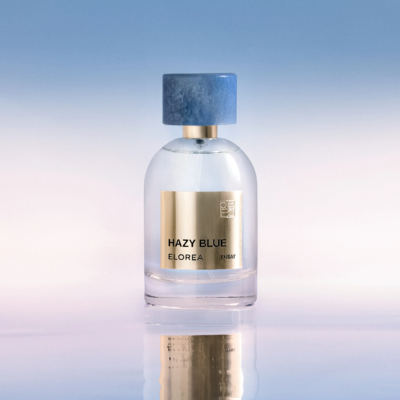
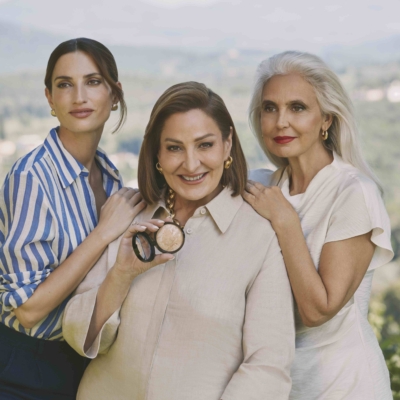
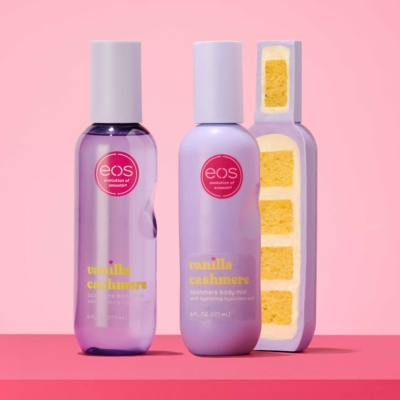
Leave a Reply
You must be logged in to post a comment.